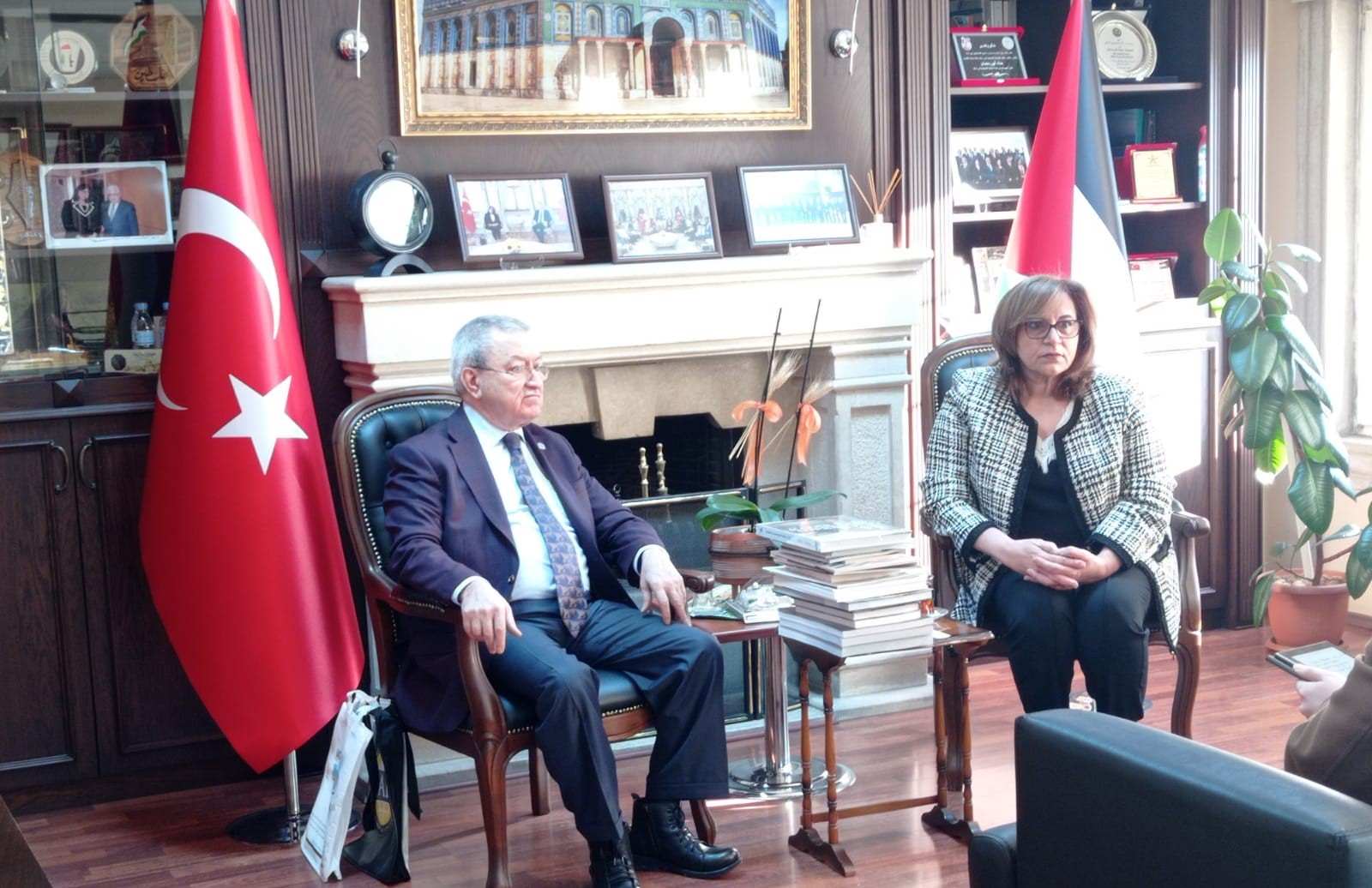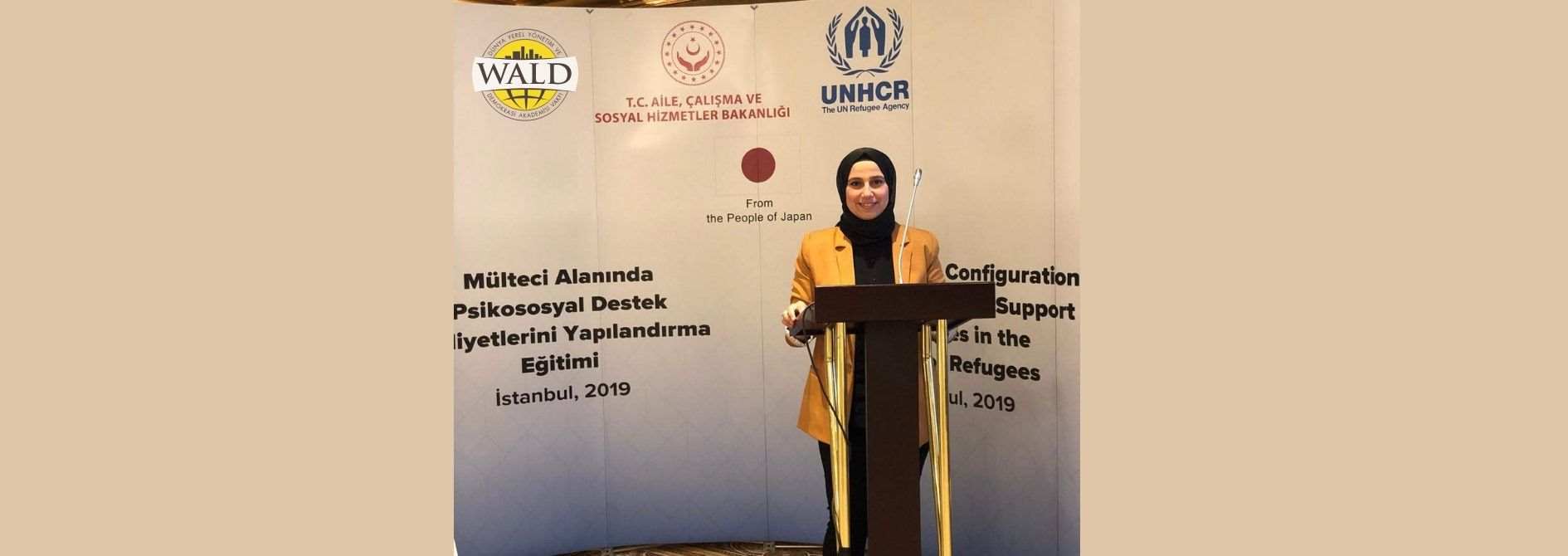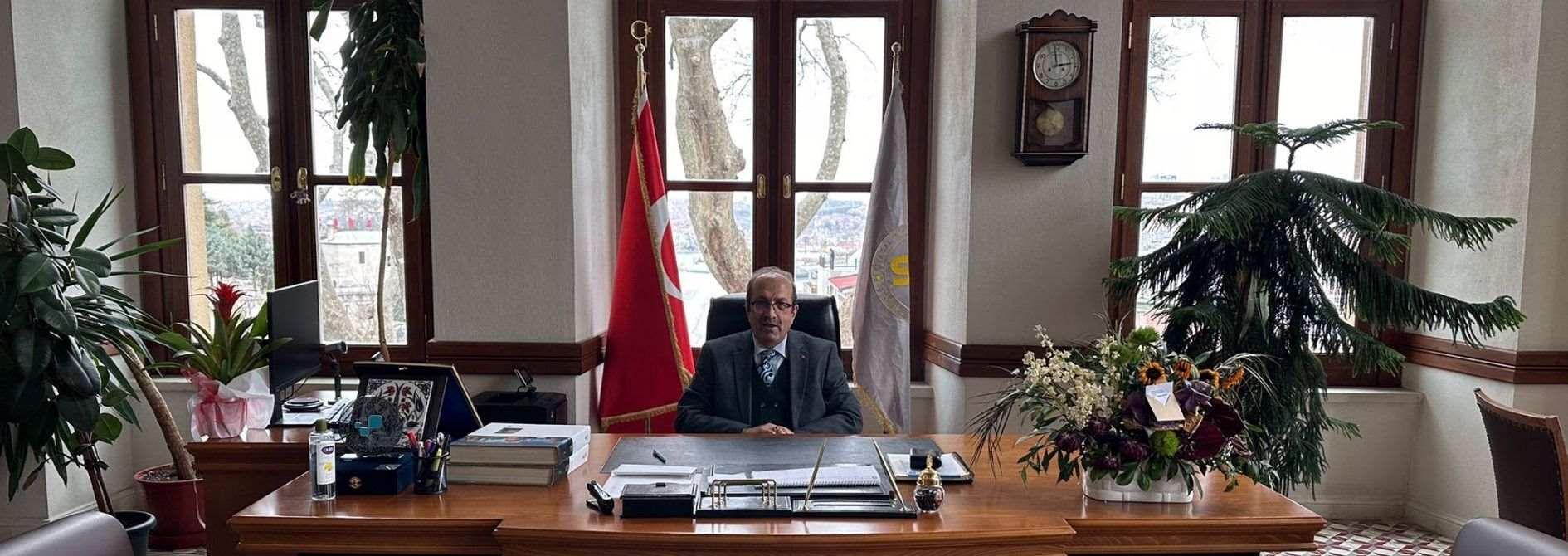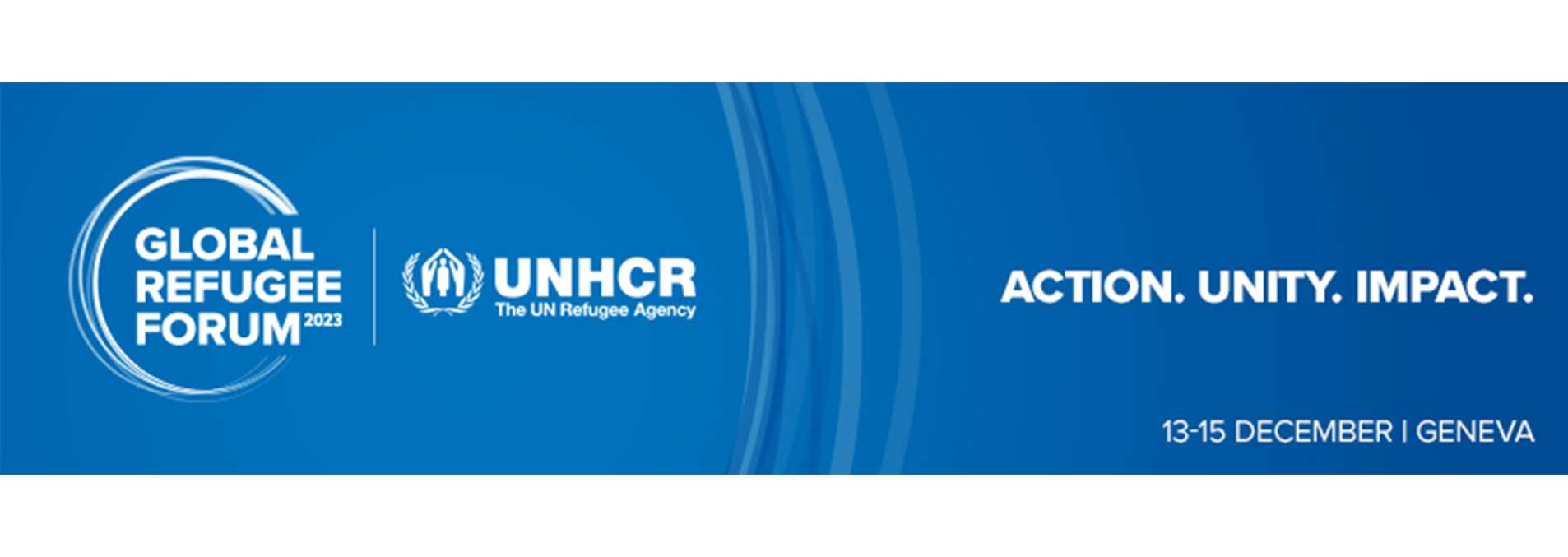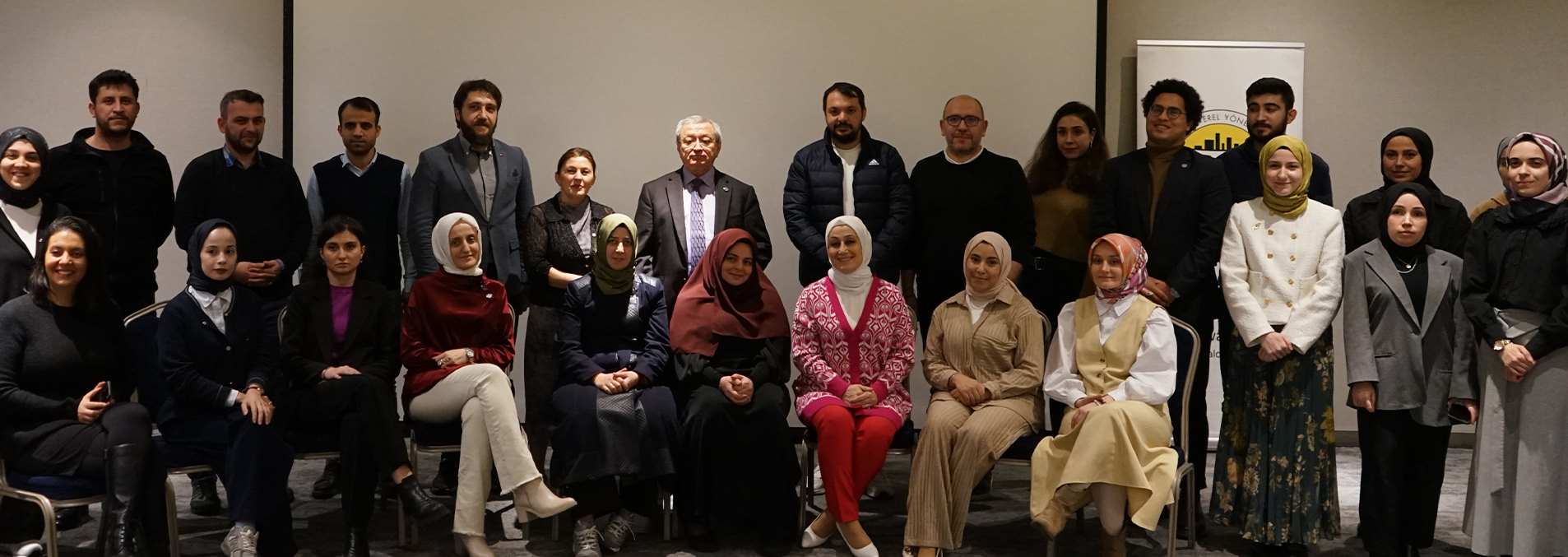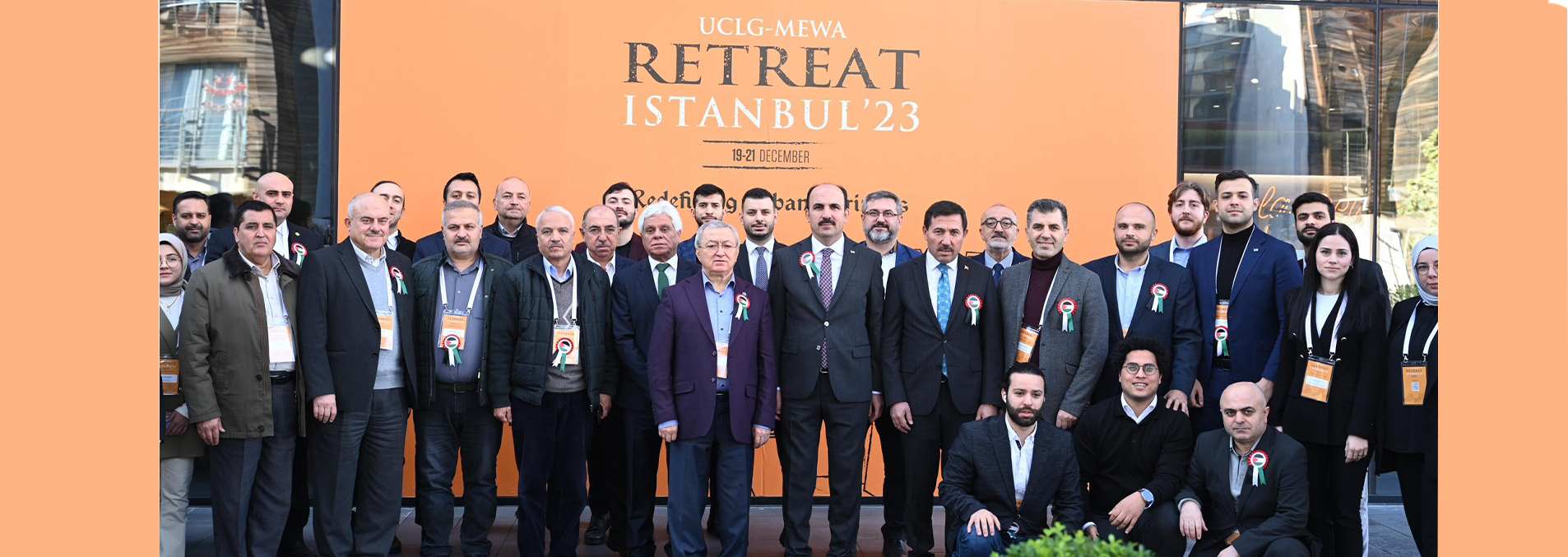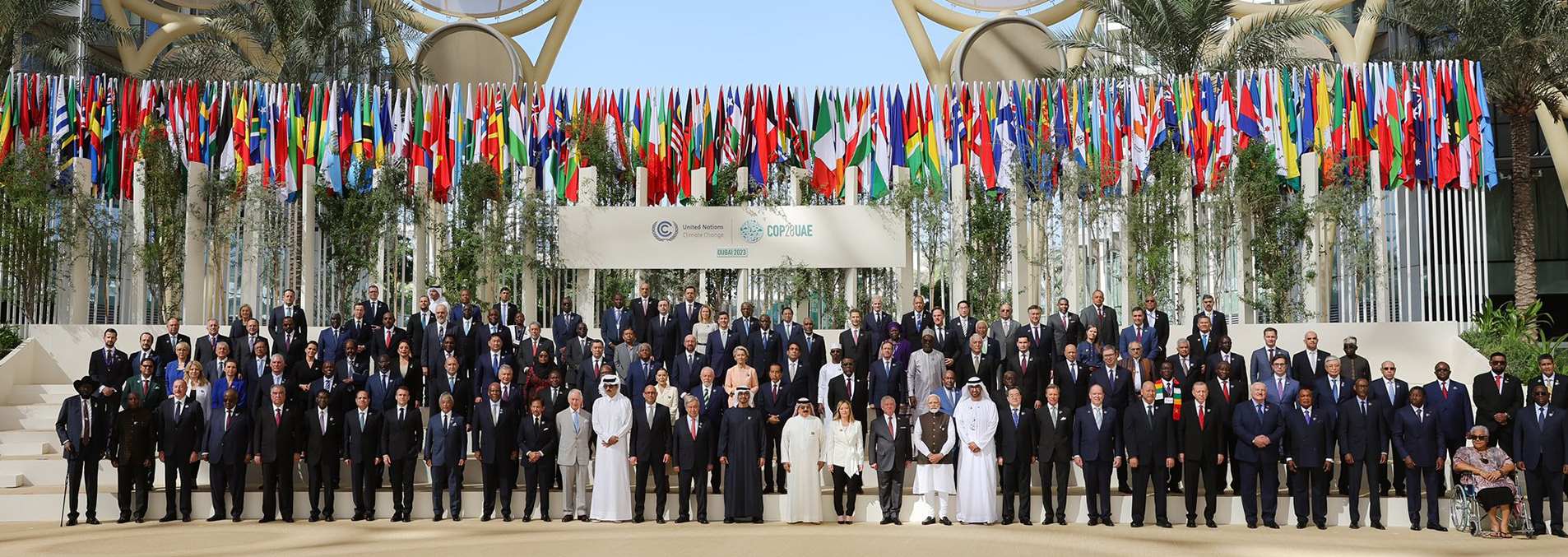World Congress of Interdisciplinary Urban Studies: Migration Homelessness
We made a presentation at the "Migration Homelessness" session as an output of our field activities and the projects we realized as WALD at the "World Congress on Interdisciplinary Urban Studies: Urban Poverty and Homelessness" hosted by Istanbul Topkapı University, International Business School, Universidade de Caxias do Sul and Escuela Interdisciplinar de Derechos Fundamentales Universities.
Academicians, NGO representatives, policy makers, representatives of public institutions and stakeholder institutions opened up for discussion the problems faced by cities, the problem of homelessness and urban poverty in the workshop, which took place on 25-26 August at Istanbul Topkapı University Balat Campus. In addition, the experiences of refugees regarding reaching out to housing and homelessness were discussed by WALD Team Leader Can YILMAZ as outputs of the Social Protection Project, which WALD held together with United Nations High Commissioner for Refugees (UNHCR) and Local Authorities, at the "Migration Homelessness" session in the congress, where many different issues related to migration and poverty, spatial poverty, homelessness and housing problems were discussed by representatives.
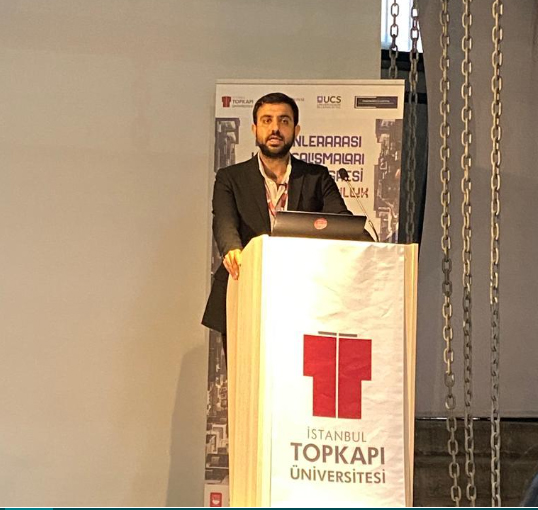
WALD Anatolian side Team Leader YILMAZ emphasized that refugees and asylum seekers are among the groups that are seriously affected by the experiences of urban poverty and homelessness due to the effects of the pandemic, climate changes, and problems with housing in his presentation. In this regard, Yılmaz underlined that refugees face problems in terms of rent support request, invoice support request, problems with landlords and difficulties in finding a house; He stated that qualitative and quantitative research should be conducted regarding the framework of refugee homelessness and that there should be inclusive institutions that will respond to the needs of refugees in terms of accomodation. Can Yılmaz emphasized also the importance of prioritizing the coordinated work between national and international institutions on this issue, since the problem of accommodation poses a risk for disadvantaged individuals and groups such as refugees.
